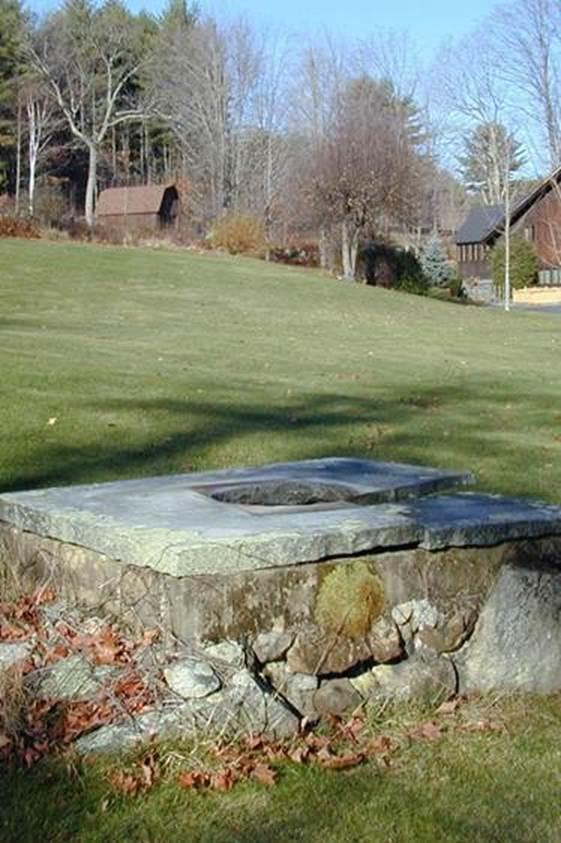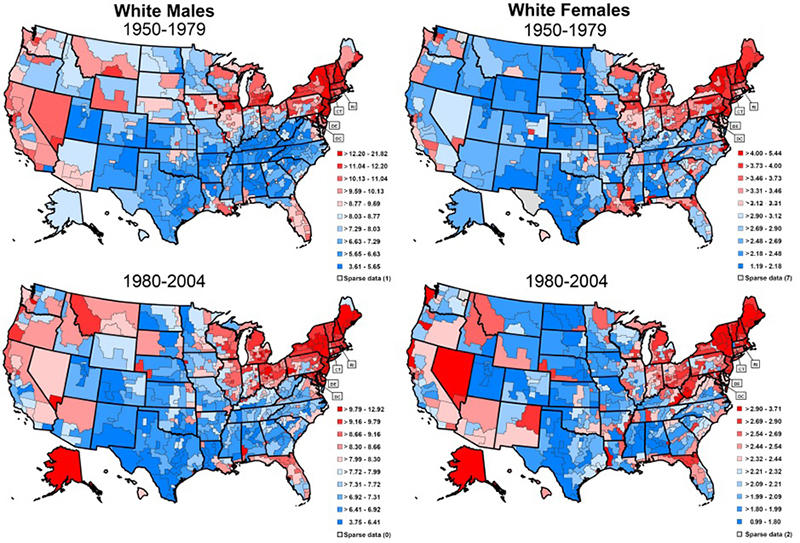Overview
For over 50 years, higher mortality and incidence rates for bladder cancer have been observed in New England, compared to most parts of the United States. This population-based, case-control study of bladder cancer in New Hampshire, Vermont, and Maine sought to explain the reasons for the persistent excess of rates of bladder cancer in northern New England.
Study Team
The study team includes researchers in the Occupational and Environmental Epidemiology Branch (OEEB) and colleagues at the Geisel School of Medicine at Dartmouth, Hanover, New Hampshire; the departments of health for Maine, New Hampshire, and Vermont; and the U.S. Geological Survey.
Stella Koutros, Ph.D., M.P.H., principal investigator, OEEB
Background & Purpose
Investigators collected data on 2,600 participants via personal interview and collected biological samples (blood, buccal cells, urine, toenails, and tumor tissue), as well as drinking water samples.
They found that drinking water from private wells, particularly dug wells established during the first half of the 20th century, may have contributed to the elevated risk of bladder cancer that has been observed in Maine, New Hampshire, and Vermont. Other risk factors for bladder cancer, such as smoking and occupational exposures, did not explain the excess risk in this region.
Select Findings & Publications
Drinking water from private wells, particularly dug wells established during the first half of the 20th century, may have contributed to the elevated risk of bladder cancer that has been observed in Maine, New Hampshire, and Vermont for over 50 years. Other risk factors for bladder cancer, such as smoking and occupational exposures, did not explain the excess risk in this region.
Selected Publications
Beane Freeman LE, et al. Disinfection by-products in drinking water and bladder cancer: Evaluation of risk modification by common genetic polymorphisms in two case–control studies. Environ Health Perspect. 2022.
Koutros S, et al. Potential effect modifiers of the arsenic-bladder cancer risk relationship. Int J Cancer. 2018.
Koutros S, et al. RE: Elevated bladder cancer in northern New England: The role of drinking water and arsenic. J Natl Cancer Inst. 2018.
Beane Freeman LE, et al. Bladder Cancer and water disinfection by-product exposures through multiple routes: A population-based case-control study (New England, USA). Environ Health Perspect 2017.
Baris, D. et al. Elevated bladder cancer in northern New England: The role of drinking water and arsenic. J Natl Cancer Inst. 2016.
Figueroa JD, et al. Modification of occupational exposures on bladder cancer risk by common genetic polymorphisms. J Natl Cancer Inst. 2015.
Nuckols JR, et al. Estimating water supply arsenic levels in the New England Bladder Cancer Study. Environ Health Perspect. 2011.
Colt, J, et al. Occupation and bladder cancer in a population-based case-control study in Northern New England. Occup Environ Med. 2011.
Baris, D. et al. A case-control study of smoking and bladder cancer risk: Emergent patterns over time. J Natl Cancer Inst. 2009.

